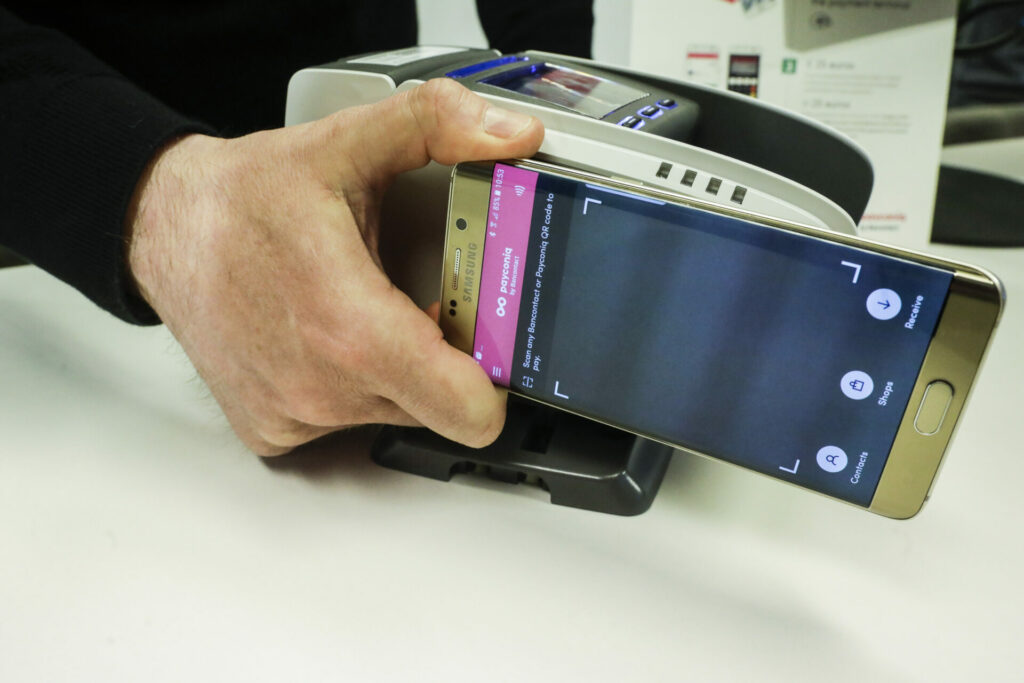Around 48% of purchases made by Belgians are now made by card or via an app, while European Central Bank figures show Belgium is among the top-ranked countries when it comes to the use of online payments.
Belgium is therefore a leading nation when it comes to digital payments and among the frontrunners in the change towards a cashless society.
While every business is obliged to offer at least one digital means of payment, some Belgian shops, restaurants and cafes have gone further by refusing to accept cash. So, is the rise in digital payments the death knell for paper money and coins?
Not if the European Union has anything to do with it. European law says that cash remains legal tender and that a merchant must accept it as payment, other than in exceptional circumstances.
"There is a European regulation that says that cash payments may not be refused under any circumstances,” a spokesperson for FPS Economy, the Belgian state’s financial department, told the RTBF.
Related News
- Traders call for Belgians to spend their small change
- Electronic payments not available everywhere despite legal obligation
- Companies still refuse electronic payment despite new law
“Cash is and remains legal tender that a merchant may not refuse. Except in certain exceptional and temporary cases. In addition, every business is also obliged to offer at least one digital means of payment."
So, in what instances can a merchant refuse cash? According to FPS Economy, there are four exceptions:
- When the customer wants to pay with more than 50 coins for one payment or when the amount to be paid exceeds 3,000 euros.
- When the merchant does not have enough change or because the value of the banknote offered is disproportionate to the amount of the purchase. For example, if you want to pay with a note of 200 or 500 euros, you can speak of 'disproportionateness' when the amount to be paid is less than 50 percent of the banknote.
- When the trader can justify that there is an 'exceptional and temporary security need' in the neighbourhood concerned. Think, for example, of one or more robberies or burglaries in the business or in the immediate vicinity. This is only possible if there is a temporary and imminent danger of burglaries in the immediate area.
- A trader can also refuse banknotes if he has serious reason to believe that the notes are counterfeit.
If the trader refuses to take cash based on any of the four cases above, they must communicate this on a poster that is visible to the customer.
The reason for which the trader refuses cash must also be communicated. Putting up a poster indicating that no cash is accepted - without falling into the exceptional cases outlined by FPS Economy - is not allowed.

